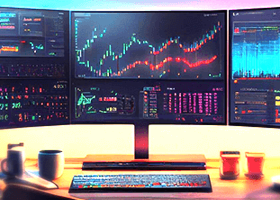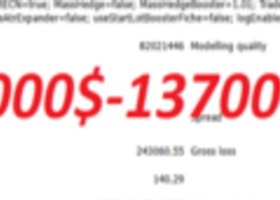If you are new to the world of trading, then an important stakeholder within the trading ecosystem that you must become aware of is the 'Market Maker'. The role of the market maker is to ensure a continuous supply of sell and buy quotes for anyone wishing to trade on the market.
The difference between the price at which a market maker is willing to buy a security and the price at which the firm is willing to sell it is called the market maker spread. Because each market maker can either buy or sell a stock at any given time, the spread represents the market maker's profit on each trade.
It is therefore natural for one to wonder how a Market maker can continuous provide such quotes and how it can make money for itself. The below example from Investopedia should help make this clear:
"Let's say that a market maker has entered a sell order for Microsoft (MSFT) and the bid/offer is $65.25/$65.30. The market maker can try to sell shares of MSFT at $65.30. If this is what the market maker chooses to do, he or she can then turn around and enter a bid order to buy shares in MSFT. The market maker can bid higher or lower than the current bid of $65.25. If he or she enters a bid at $65.26 then a new market is created (referred to as making a market) because that bid price is now the best bid. If the market maker attracts a seller at the new bid price of $65.26 then he or she has successfully "made the spread." The market maker sold 1,000 shares at $65.30 and bought these shares back at $65.26. As a result, the market maker made $40 (1,000 shares x $0.04) on the difference between the two transactions. This might not seem like much, but doing this repeatedly with larger order sizes can provide lucrative profits. All day long market makers do this, providing liquidity to individual and institutional investors. The major risk for the market maker is the time lapse between the two transactions; the faster he or she can make the spread the more money the market maker has the potential to make."
Some examples of market makers are the trading departments of large investment banks such as Goldman Sachs, UBS etc. and large brokerage firms.



